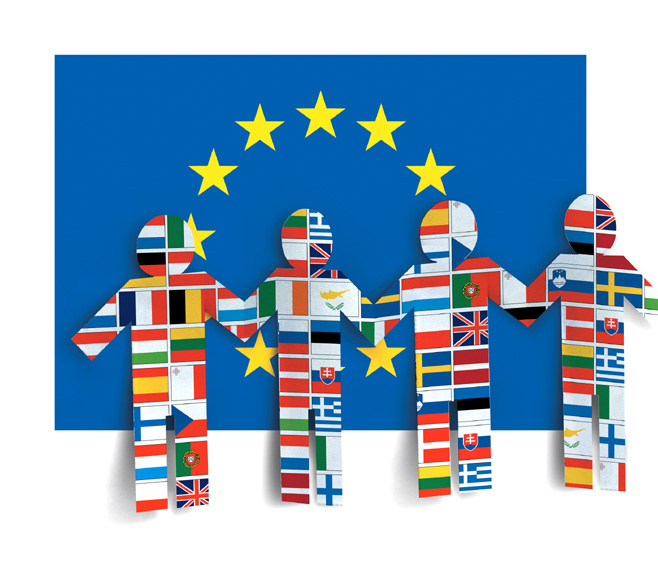Nationality, Citizenship, what is the difference?
It can be confusing!? What is this “nationality” or “citizenship” you are talking about? Is it not the same?
In different parts of the world we use different terms. However, these terms can mean exactly the same thing or something slightly different. Depending on the context. Let us try to explain the differences.
Nationality
The word Nationality is easy to explain and the basis of it all, or is it?
Some people think that the word Nation came about with the French revolution. However, the word itself had its much earlier roots in latin. The word Nationality came in vogue at the time of France’s “Sun King” Louis XIV who ended the remnants of France’s medieval feudalism and established a centralized state. One nation (country) with nationals having the same nationality. Rather than the regional differences, the national identity was the more important focus. France wasn’t alone in that but it gives backdrop to the word nationalité which originated around the 1690s.
A national belongs to a country. The country’s laws dictate who has the nationality. Nationality is a status. You are a nation’s national, or you are not. Depending on the country, certain documents may be important to your status.
Citizenship
Citizenship is both an older and a younger term. Citizenship was first used in around the 1610s and refers to your status, rights and responsibilities as a citizen. The word citizen in English comes from the 1300s and refers to the inhabitants of a city/town. In Dutch the term translates as “burger”. We are all citizens of our cities and towns, but as such we are of course also citizens within a country. The word came from French (1200s) where it was sort of reintroduced as a concept from the earlier Latin, “Civitas” with itself roots at the time of city-states.
When the United Kingdom became united, it was a joining of different countries. Wales, (Northern) Ireland, Scotland and England. While England is a nation/country with nationals, everyone within the United Kingdom were citizens of the United Kingdom. The term citizenship got a whole new understanding and meaning and in that sense is younger than nationality. The establishment of the commonwealth out o the British empire also had an influence on the usage of citizenship rather than nationality.
When the states in the United States of America united, they too started to use the term citizenship rather than nationality.
When Australia became an independent federation of states it too started talking about citizenship.
So, the United Kingdom is not one country but several. And therefore Citizenship may have been regarded as a more appropriate term to use instead of nationality.
Conclusion difference!
There is very little difference in terms of today’s practicalities. A citizen of a country is the same as a country’s national. Citzenship and nationality are therefore often interchangeable.
We prefer to use the term nationality for the context of passport, residency, voting rights, etc. Don’t forget the duties such as taxes and military service as well. And don’t forget, we are all citizens of one world. In an ideal world we would not have so many restrictive borders.
The history of France, the UK, USA and Australia and many other countries don’t testify that forcing people into one nation is always successful or a positive experience. However, only by seeing others as equal neighbours and part of our own community can we overcome much worse.

European Citizenship
The European Union which more or less originated out of the realisation of the evils of WW2 is a prime example of how peaceful cooperation can work for the betterment of all its people. Yes, there is now a concept of European citizenship as all its members have accepted that European citizens have rights, freedoms and legal protections available under EU law. And these protections are often more fair than many a member-state its own restrictive nationality or immigration law. However, while we may talk about EU Citizens, there is no EU Nationality. Similar like the USA in its early history, the EU states are all independent of each other and sovereign and merely cooperate.
“Imagine there’s no countries
It isn’t hard to do”
“Imagine all the people
Living life in peace”
“You may say that I’m a dreamer
But I’m not the only one
I hope someday you’ll join us
And the world will be as one”